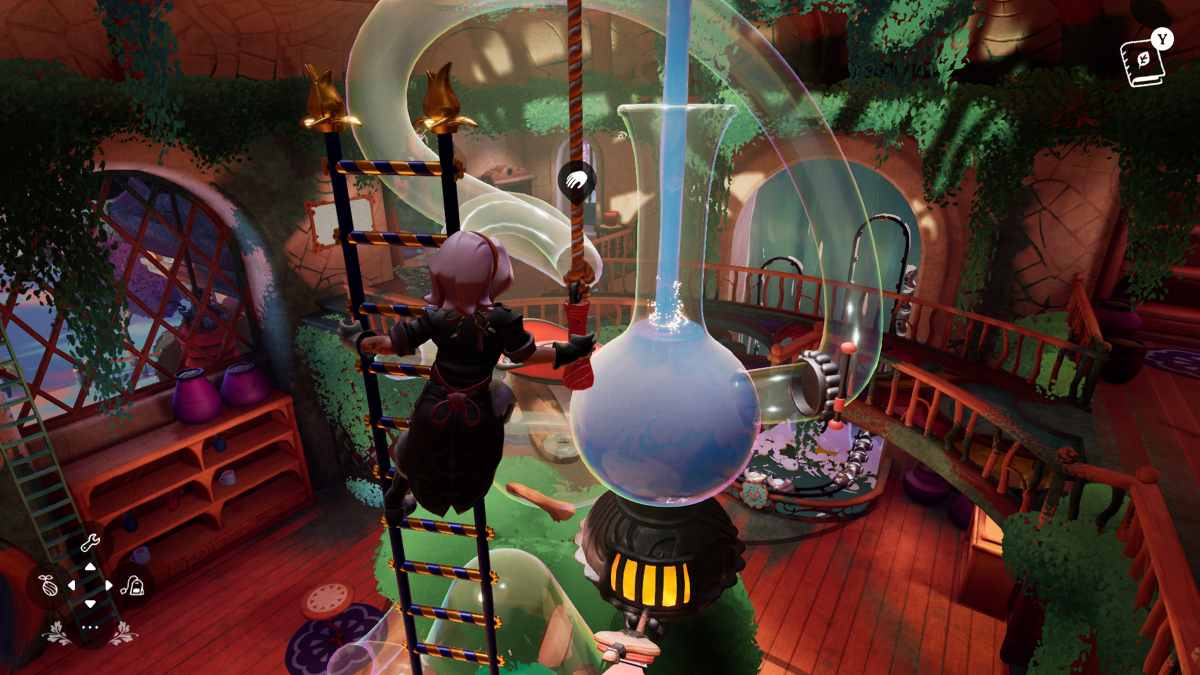Your average news story about streaming site Twitch usually begins with a statement that’s meant to shock readers: You can make a living playing video games.
But this isn’t really news to anyone who’s followed the platform over the past four years. Twitch is now the No. 4 highest trafficking site on the Internet during peak hours, putting it right behind Netflix, Google, and Apple. If you’re sleeping on the effect that gaming has on the Internet, think about how the second youngest company (Netflix) on that list was founded 14 years before Twitch existed.
Yes, you can make playing full-time video games a full-time job. But what’s less known are the details: How much can you make? And how exactly do you make it?
I spoke to one of the more successful streamers on Twitch, Steven Bonnell (often referred to by his Twitch name Destiny) to break down how a career in streaming works.
Twitch publicly details how its users can monetize their streams, though it doesn’t go into specifics on the average amount of money flying into bank accounts. Bonnell has an advantage over the average, casual streamer on Twitch—he’s a partner.
To become a partner, Twitch requires that your average viewership be above 500 and that you stream at least three times a week. New users coming from sites like YouTube should apply only if they have over 15,000 views per video and over 100,000 subscribers. The advantages of being a partner? First, you can add a broadcast delay, which makes it possible to stream a tournament without having cheaters on the other end updating players with what the other team is doing. Another benefit is the more applicable here: You can get subscribers. Partners charge $5 monthly to allow for private chats, emoticons, and whatever else the streamer can come up with.
Twitch doesn’t go into specifics on its website. How much money could be made for $5 subscriptions? How much of that money does Twitch pocket? What are the rates on ads, especially with a tech-savvy audience that mostly has AdBlock installed. Bonnell, a mega-popular streamer known for his skill in StarCraft, broke down how he makes money streaming, looking at every single revenue stream. He has 62,071,582 total views at the time of publication.
Bonnell’s income stream is different than many other streamers. He has his own website where he has his own subscribers at various levels, which differs from the standard $4.99 subscription cost that Twitch allows for streamers. This shows how Twitch can be used as simply a piece of the income puzzle—a very important piece, of course, and oftentimes the first.
“I make probably less than $1,000 a month off of Twitch, streaming around 200-250 hours a month, with an average of maybe 2,500 concurrent viewers,” said Bonnell. “That’s just ad revenue.”
Two things are worth noticing here. First, Bonnell works roughly 60 hours a week, 20 hours more than your average, full-time employee. He wouldn’t have time to even think about another job. Another thing worth pointing out is how low his ad money is. I asked him if he thinks that users using AdBlock effect this number.
“It’s entirely possible, though it’s hard to say 100 percent that AdBlock causes the low numbers,” said Bonnell. “My estimates and personal polling have shown AdBlock numbers in the Twitch community to be around 75 to 80 percent.”
But there’s another important source of revenue on Twitch. Bonnell makes the majority of his money from his Twitch subscribers, and he says the split with Twitch is $3/$2. He said he couldn’t get an exact count, but probably makes around $5,000 a month solely from this source. That total is then boosted, because he also has subscribers to his website, and for those he naturally doesn’t need to the typical $3/$2 split back to Twitch from those subscribing from his website.
Instead, he takes about 95 percent of the money, while the rest goes to Paypal or whatever monetary service he is using at the moment. He has four subscription levels that range from $5 to $40 a month. His subscribers get access to chat during subscriber screenings, custom emoticons and the joy of supporting someone who puts in 6 to 10 hours of streaming daily.
Bonnell also gets money from donations—an even bigger source of money for some. He recently started a new Twitch account based on a tournament he hosts, so he told me that naturally the donations will be bigger during the month we talked, in which he made $6,000. He told me that he typically makes about $1,500 a month from donations.
Finally, he has several other small revenue streamers that increase his yearly income. These are: AdSense from his website (varies), YouTube ($2,000 yearly), sponsorships (varies) and Amazon and other affiliate marketing programs (about $1,000 a month). We added his yearly income from last year up to land right around $100,000. This number will only go up if he continues to put out content and bring in new viewers.
You can get a rough estimate of how much other top Twitch streamers make. Take Lirik, who has nearly 900,000 followers. I set up a Twitch chat user account called “twitchnotify” that allowed me to see the amount of people who are subscribing to an account. By looking through the logs, I saw all of Lirik’s subscribers for March. He had around 6,000 subscribers. By adding up the numbers and applying the $3/$2 split from Twitch, we see that Lirik would be making $18,000 a month solely from subscribers. That adds up to $216,000 a year—which is, remember, just an estimate on my part. But keep it mind Lirik also gets plenty of money from advertising, donations and sponsorships. Lirik did not respond to a request for comment on this story, so we weren’t able to confirm these estimates.
So yes, you can make a living (and a pretty good financial one) through a stream on Twitch. If there’s any lesson from Bonnel, however, it’s that this isn’t easy. It requires an immense amount of time and dedication that it wouldn’t fit the lifestyle of a casual gamer. It wouldn’t be possible for Bonnell or Lirik to make a living off streaming by playing only two hours a day or casually managing their account. They make it a part of their lives.
“I don’t have a work-life balance,” Bonnel said. “They’re pretty much become inseparable at this point.”
Does he regret making this his job?
“Nah,” he says. “I think I’m making more money now than almost any easily attainable 4-year I could get, and the experiences in treading new waters and everything and getting to travel all over the world have been amazing.”












Published: Apr 21, 2015 06:39 am